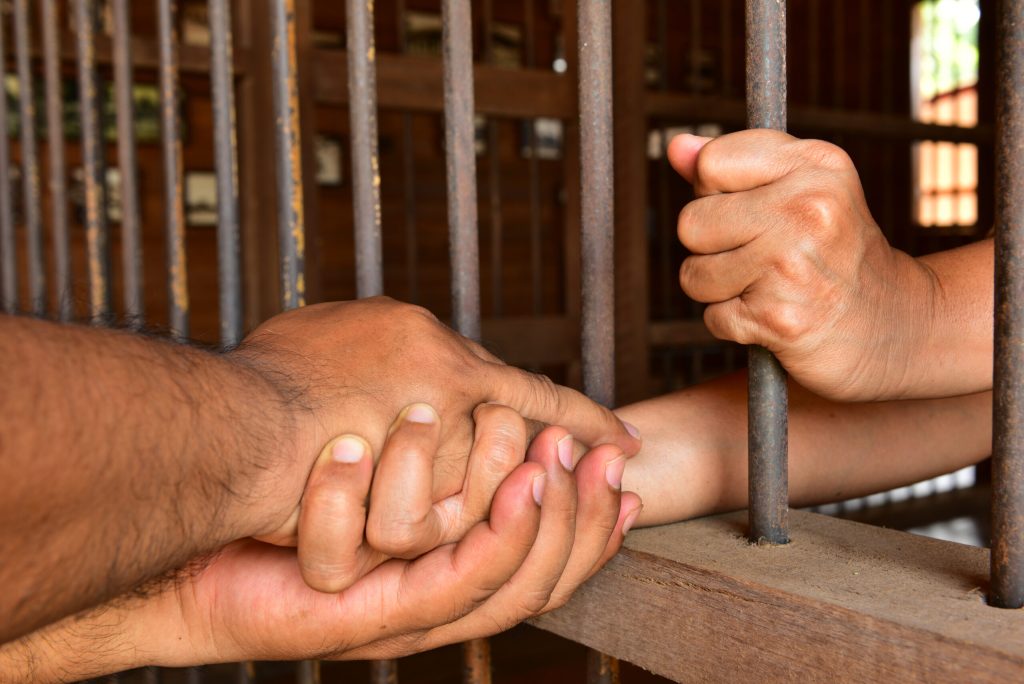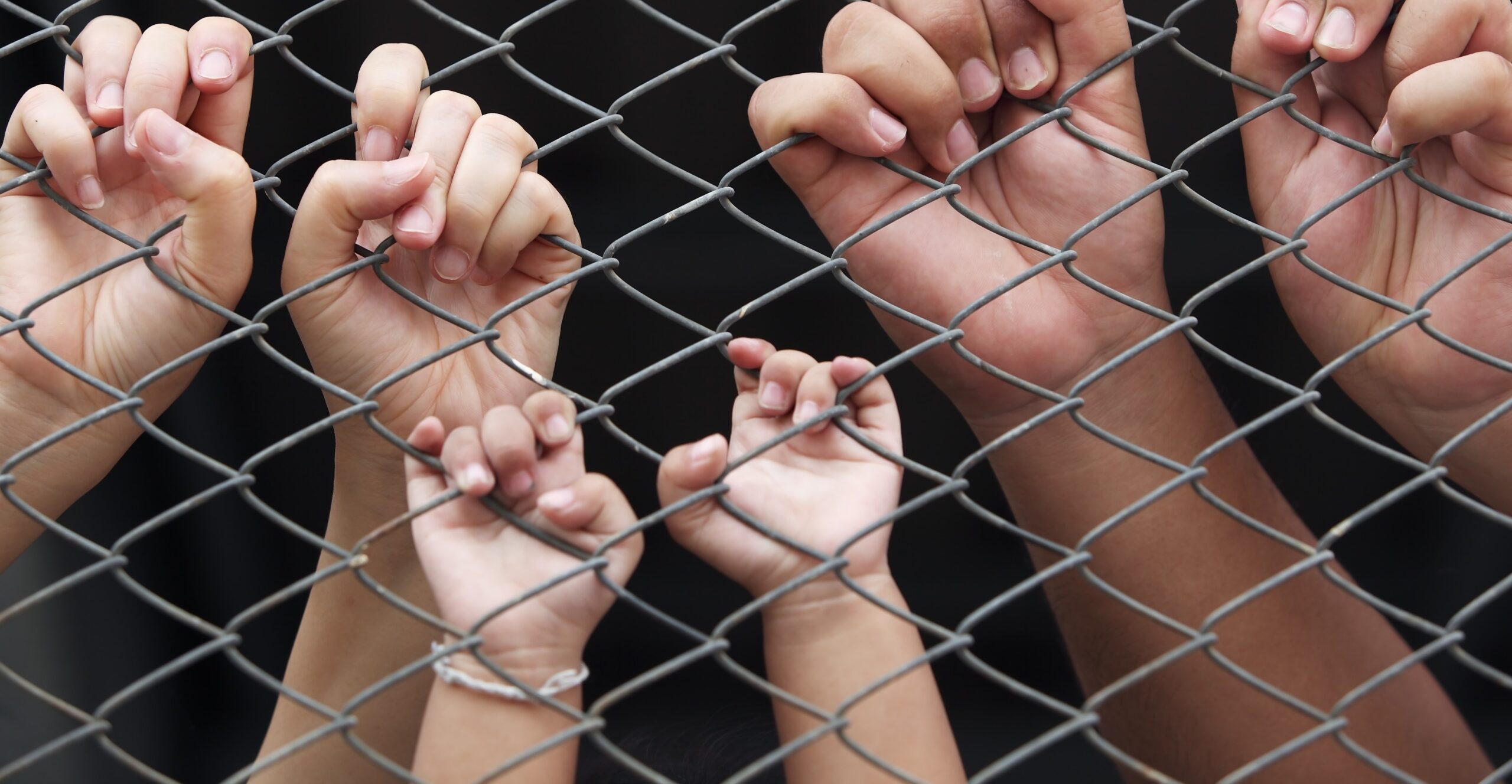At TYRO, it is our goal to help incarcerated individuals rejoin society, stay out of prison, and flourish in their future. This is also known as reducing recidivism. What many people don’t know is the impact that families have on reducing recidivism for their loved ones. Families play a crucial role in an incarcerated individual’s life. There are tons of statistics that point to the positive impacts that having a supportive and loving family can have on helping a loved one make it through and stay out of prison.
Background information:
The national recidivism rate in the U.S. is 43.3%. That means 56.7% of formerly incarcerated individuals are likely to re-enter the prison system, which is a rather alarming statistic. Additionally, we have already discussed the other alarming statistics on mass incarceration in the United States. Between the amount of incarcerated individuals in the United States and the costs of mass incarceration, it’s crucial that we help our loved ones avoid reentry. The key to doing so is family.
While they're incarcerated:
Roughly 37% of incarcerated individuals deal with a mental illness such as depression, anxiety, PTSD, etc. This is often due to the nature of prison separating incarcerated individuals from their loved ones. However, it was found that more visitation and consistently being in touch with the incarcerated individual’s family can help them deal with the isolation. In return, this could decrease the number of mental illnesses that incarcerated individuals develop while in prison.

The impact of children:
It is estimated that 1.7 million children that are under the age of 18 have a parent that is incarcerated. Having healthy child-parent relationships is incredibly important to a child’s development. However, when a child has an incarcerated parent, they are less likely to form these healthy child-parent relationships and more likely to develop a mental illness. Additionally, this causes physical and mental stress on the children (and their families), while hurting the financial situations of the family too.
However, that doesn’t mean it is impossible for the child and their current or formerly incarcerated parent to still have a healthy relationship. As a matter of fact, it’s heavily encouraged to push for these healthy child-parent relationships as it is beneficial to both sides by potentially reducing the negative impacts that a non-healthy relationship creates. By having consistent visitation with the parent, a child is less likely to develop anxiety created from parental absence. In general, children with a healthy and strong relationship with their parents are less likely to suffer from the mental health issues that come from parental incarceration.
After incarceration:
“It is clear that social connectedness is the root source of reintegration into society.” As a matter of fact, when a formerly incarcerated individual has a strong family connection, they are less likely to re-enter the prison system. This article was created to promote strong family connections with incarcerated individuals and the positive impacts these connections create. Incarceration creates a lot of negative impacts on both the incarcerated individual and their families. However, many of these negative impacts are offset when the incarcerated individual is able to keep a strong relationship with their family during incarceration and after. Visitation is a crucial part of this as well as supporting the individual after their release. Helping them reintegrate into society may be challenging, but is detrimental to reducing recidivism.
References:
http://www.pewtrusts.org/uploadedFiles/wwwpewtrustsorg/Reports/sentencing_and_corrections/State_Recidivism_Revolving_Door_America_Prisons%20.pdf
https://www.bjs.gov/content/pub/pdf/imhprpji1112.pdf
https://www.rstreet.org/wp-content/uploads/2018/10/Final-Short-No.-63-1.pdf
https://www.childtrends.org/wp-content/uploads/2015/10/2015-42ParentsBehindBars.pdf
https://www.ncbi.nlm.nih.gov/pmc/articles/PMC5549675/
https://www.ebpsociety.org/blog/education/221-family-relationships-incarcerated-individual
https://www.urban.org/sites/default/files/publication/89601/parent-child_visiting_practices_in_prisons_and_jails.pdf
https://www.prisonpolicy.org/scans/vera/the-family-and-recidivism.pdf

